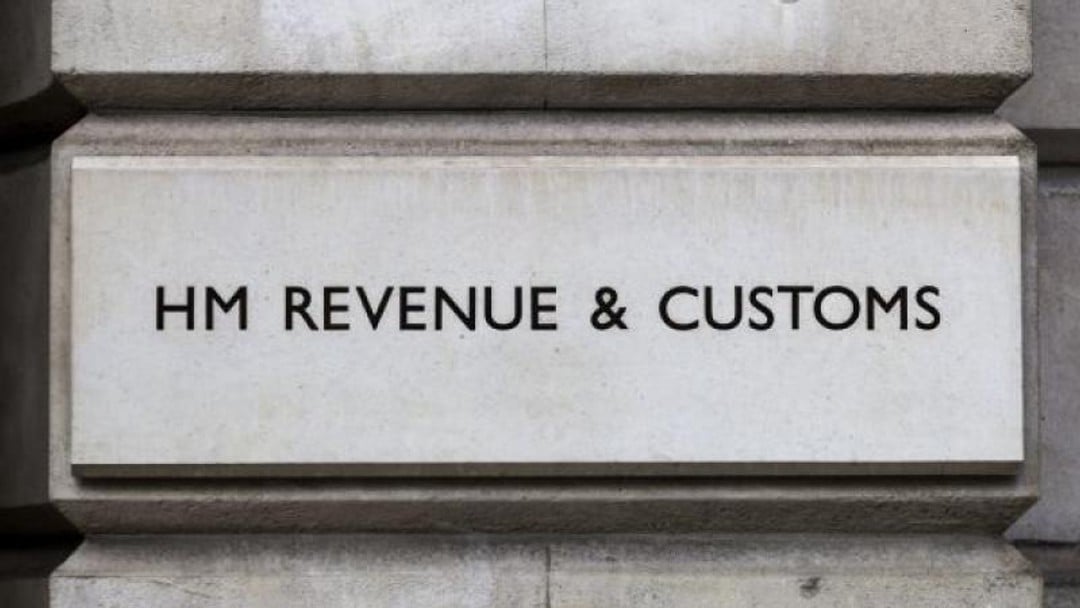Government plans place substantial non-dom income tax revenue at risk

Policymakers should consider long-term impacts of proposed reforms to non-dom status, says tax lawyer
Policymakers should consider long-term impacts of proposed reforms to non-dom status, says tax lawyer
UK-based non-doms contributed £6.57bn in income tax in 2014/15, highlighting the significant contribution which the group makes to the UK economy, according to Pinsent Masons.
The international law firm explained that HMRC collected an average of £56,589 per non-dom in income tax over the last year, compared to an average of £5,152 collected per the remainder of the UK population.
However, the firm says there are concerns that this tax revenue, as well as other benefits brought by wealthy UK non-doms based, such as investment and job creation, could be lost if the government's proposed changes to their status prompt too many to leave the country over the next few years.
Fiona Fernie, a partner and head of tax investigations at the firm, said: 'Non-doms make a highly valuable contribution to the UK economy and any substantial exodus could have serious long-term impacts. Policymakers need to consider what they might lose by placing the status under threat.
'As a group, non-doms pay billions in tax and bring huge combined spending power, skills and valuable connections to the UK. Many are highly successful entrepreneurs and businesspeople meaning they establish or invest in UK-based companies, thereby creating thousands of jobs.'
From April 2017, government reforms mean that long-term non-dom status will cease to exist and any non-dom taxpayer resident in the UK for 15 or more out of the last 20 years will be deemed domiciled for the purposes of income, capital gains (CGT), and inheritance (IHT) taxes.
The remittance basis of taxation will no longer apply to non-UK income and gains. In addition, all UK residential property owned via offshore companies or other structure will be subject to IHT.
The total number of UK taxpayers indicating a non-domiciled status on their tax returns reached 116,100 in 2014/15, up by 2 per cent from 114,300 the year before.
Some 5,000 non-doms paid £223m in the remittance based charge on their overseas incomes. Pinsent Masons point out that non-doms also pay significant amounts in CGT and transactional taxes, such as VAT.
'The availability of non-dom status awards the UK a real competitive advantage when it comes to attracting wealthy and talented individuals,' said Fernie. 'Removing or altering it now, especially in the wake of uncertainty generated by Brexit, will mean many look seriously at relocating.
'New York, Hong Kong, and other major financial centres are always looking to attract these people, and will be keen to show they can offer a better deal. Many non-doms are internationally mobile and will not hesitate to move if the grass looks greener. Dismantling the tax status will do little to keep them here in the UK.'

